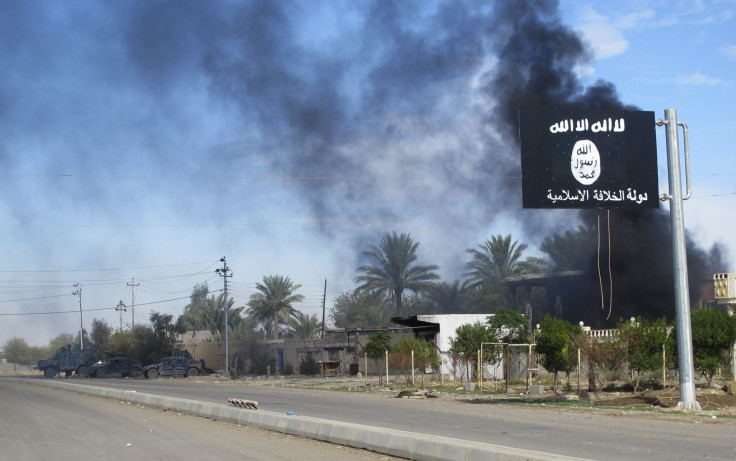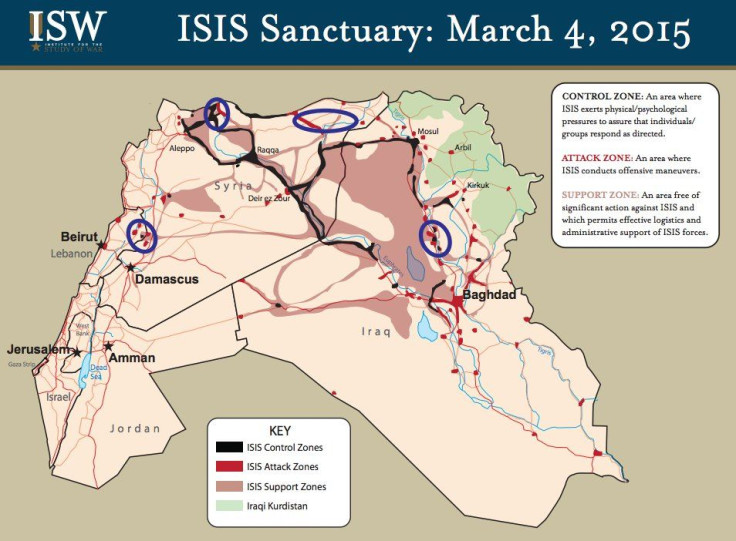Corruption Endemic In ISIS-Controlled Territory, Report Says

The strain of governing is weighing down the Islamic State group, a new report in the Financial Times states. The FT reports that the terrorist group, which is commonly referred to as ISIS, is having trouble stamping out the institutional corruption that was endemic under previous regimes in the territory it controls.
“You’d have a front-line [ISIS] commander apply for salaries for 250 people, but really he only has 150,” an anonymous Syrian rebel commander told the FT.
Attempts to fix the problem have proved ineffective. “When officials discovered the schemes, they started sending financial administrators to deliver salaries,” the officer said. “Then the administrators started agreeing with commanders on scams, too.”
As ISIS has grown over the past year and a half, its institutional responsibilities have grown along with it. ISIS now either controls or operates freely in territory that spans hundreds of square miles across three countries — Iraq, Syria and Lebanon — an area in which between 2.8 million and 5.3 million people still live.

And in an attempt to maintain control, it has begun pressing into service people who occupied administrative roles under previous regimes, irrespective of how closely they are aligned with the group's ideology. A hospital pharmacist based in Mayadin, Syria, told the FT that a medical official ISIS hired, who had previously been fired amid corruption charges by President Bashar Assad’s government, wrote dozens of unnecessary or fake prescriptions, collected the money from the orders, then burned the hospital's dispensary to the ground to avoid being caught.
“They should have cut off his hand,” the pharmacist said.
Iraq and Syria rank among the most institutionally corrupt countries in the world, according to Transparency International. The nonprofit ranked Iraq 170 out of 175 countries in terms of perceptions held by businesses and governments seeking to do business inside a foreign country; Syria is ranked 159 on the same scale.
As such, ISIS' attempts to effectively administer its growing territory may be fraught. However, the threat of harsh retribution may be keeping things from being much worse. “The reality is that prior to [ISIS] control of Mosul, things were probably more corrupt,” an unidentified Western official told the FT. “They deal with corruption harshly.”
© Copyright IBTimes 2024. All rights reserved.





















